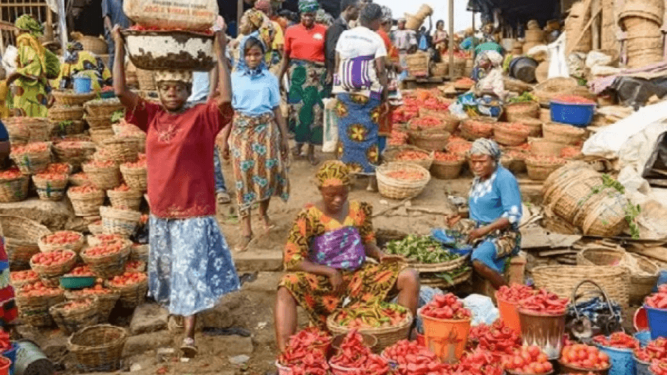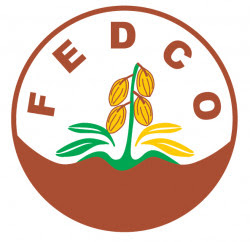Despite the Nigerian government’s declaration of a state of emergency on food insecurity in 2023, food prices continue to surge, pushing basic staples like maize and beans beyond the reach of many citizens.
Last July, President Bola Tinubu, through a statement by his spokesperson, announced urgent measures aimed at tackling hunger and reviving agriculture, stating that savings from fuel subsidy removal would be redirected to support food production. The administration also pledged to bring food and water under the National Security Council’s oversight and introduced an import waiver in 2024 for key staples including maize, beans, wheat, and cowpea. However, implementation of this policy remains stalled.
Field reports show that food prices remain steep despite these announcements. Bags of maize and beans are still being sold at inflated prices, with little relief for Nigerian households.
A senior official at the Ministry of Agriculture and Food Security, speaking anonymously, blamed the persistent crisis on financial bottlenecks tied to the Treasury Single Account (TSA) policy. The TSA, designed to centralize government revenues and enhance transparency, has restricted the Ministry’s access to funds, the source claimed.
“Since the beginning of this year, we haven’t received a single kobo for interventions,” the official said. “We’re relying solely on foreign donors. If the Ministry isn’t exempted from the TSA, we can’t function effectively.”
But the All Farmers Association of Nigeria (AFAN) disagreed. Its president dismissed the call for exempting the Ministry from the TSA, arguing that such a move would not benefit farmers, who don’t receive direct cash from the government.
According to AFAN, the real issue is not food availability but affordability. The association emphasized the need to stabilize the naira and support local production through targeted subsidies.
“Nobody goes to the market and says there is no food. The problem is that people can’t afford it,” the AFAN president said. “Government must support farmers directly, not through intermediaries. We don’t need to be removed from the TSA to be effective. What we need is affordable inputs, better infrastructure, and security.”
He also stressed that farming is a private enterprise, not one that depends on government handouts.
“What farmers need are affordable tools and security to farm. Not free money. Farmers are not contractors no one is putting crops on our farms. We just want a fair system that supports production.”
The food crisis continues to mount as Nigerians await real action beyond declarations and stalled policies.










